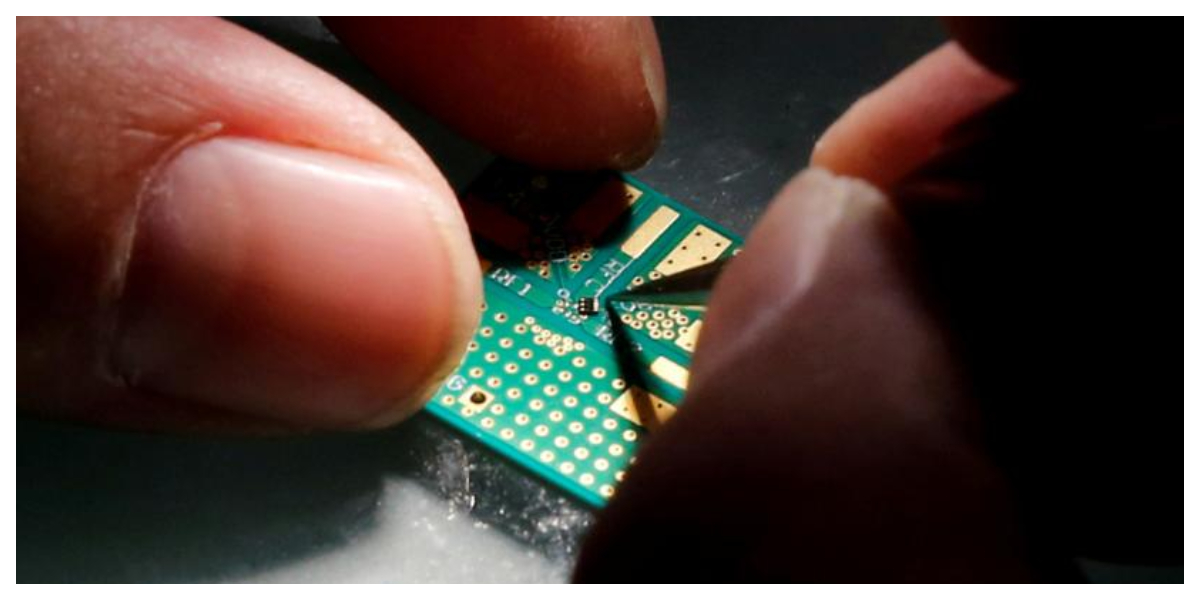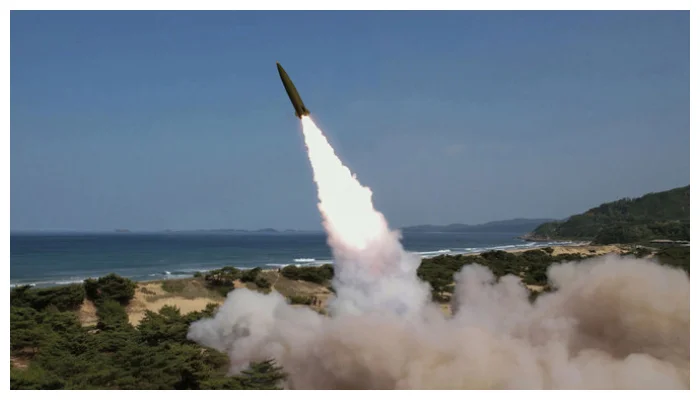The largest labor group in the United States said on Monday that legislators drafting a bill to increase financing for semiconductor chip production and U.S. competitiveness should remove “pro-China measures.”
In a letter to senators, the AFL-CIO labor organization, which represents 12.5 million employees, slammed the Senate version of the measure, claiming “It would benefit China’s economy more than ours by lowering tariffs and continuing our over-reliance on China in key sectors.”
The Senate and House of Representatives passed distinct versions of the law and are currently negotiating a final agreement. The AFL-CIO supports both versions, which give $52 billion to finance US semiconductor research and manufacturing.
A continuous chip shortage has affected production in the automotive and electronics industries, prompting some corporations to reduce output, and there have been mounting requests to reduce reliance on foreign nations for semiconductors.
The AFL-CIO calls for the removal of several trade provisions in the Senate version, including reforming a tariff exclusion process and granting tariff-free access for Chinese personal protective equipment, medicines, and other medical goods.
The government of former President Donald Trump levied “Section 301” tariffs on an estimated $370 billion in yearly Chinese imports. The Biden administration renewed certain tariff exemptions in March.
The AFL-CIO said the Senate bill “would unnecessarily tie the administration’s hands about China 301 tariffs and weaken U.S. enforcement of trade laws that are necessary to stop China’s illegal trade practices.”




















